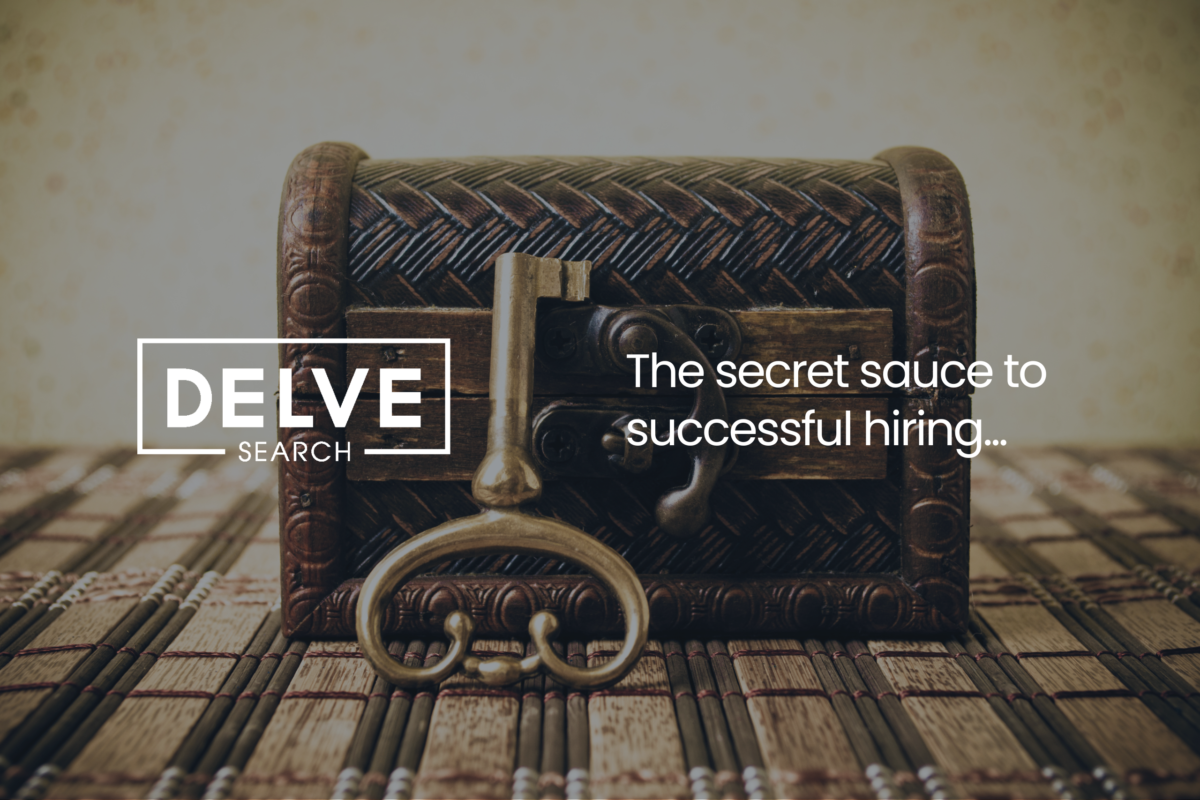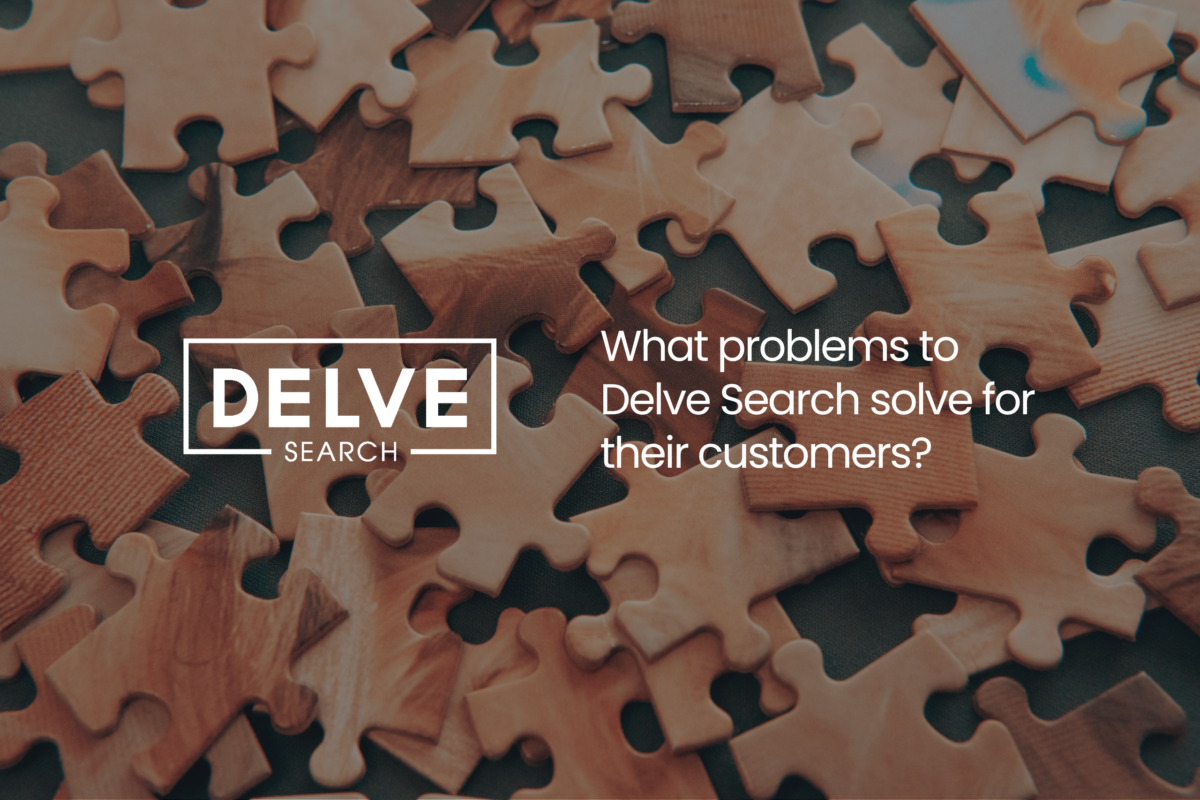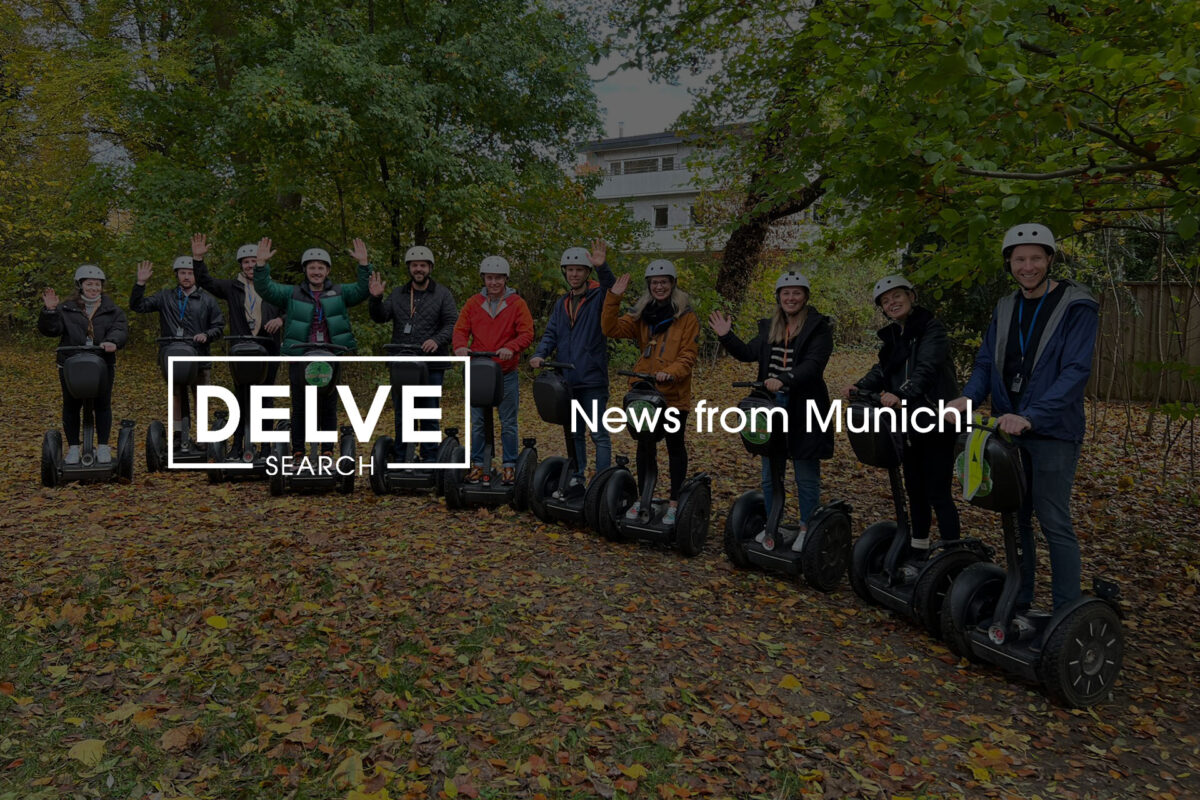
The secret sauce to successful hiring…
By Jamie Rafferty
I want to share a little secret that can transform our hiring process from good to downright spectacular… regular communication.
It might seem like a small detail, but trust me, it’s the glue that keeps everything running smoothly. Here’s why keeping the lines of communication open is crucial and how it can make our collaborative recruitment process shine.
1. Keep candidates engaged and enthusiastic
Imagine finding the perfect candidate. They’re excited about the opportunity, and we’re just as thrilled about their potential. But then, we drop the ball on communication.
Regular updates are key to keeping candidates engaged. Even a simple, “We’re still reviewing applications,” can make a huge difference. It shows candidates that we value them and are actively considering their application. When candidates feel acknowledged, their enthusiasm for the role stays high, making them more likely to accept an offer when it comes their way.
2. Build trust and transparency
Recruitment is a bit like dating. We wouldn’t ghost someone after a fantastic first date, right? (At least, I hope not!) The same goes for candidates. Consistent communication builds trust and shows that we value transparency. When candidates know what to expect and where they stand, they’re more likely to have a positive perception of our company, regardless of the outcome.
3. Reduce anxiety and keep the peace
Let’s face it, job hunting is stressful. Candidates are juggling multiple applications and interviews, and the uncertainty can be nerve-wracking. By keeping in touch, we can alleviate some of that anxiety. A quick update can provide reassurance and peace of mind. Think of it as offering a virtual pat on the back, letting them know they haven’t been forgotten.
4. Prevent misunderstandings and missteps
We’ve all been there; scheduling mix-ups, missed emails and crossed wires. Regular communication ensures that everyone is on the same page and minimises the chances of these missteps. Clear, consistent updates help avoid those moments that can disrupt our hiring process and reflect poorly on the organisation.
5. Strengthen your employer brand
In today’s digital age, word travels fast. Candidates share their experiences online, and a positive recruitment process can significantly boost your employer brand. By maintaining open lines of communication, we’re not just engaging with potential employees; we’re showcasing your company culture and values. A great recruitment experience can turn candidates into brand ambassadors, even if they don’t end up joining you.
6. It’s simply good manners
At the end of the day, regular communication is the courteous thing to do. It’s respectful, considerate, and reflects well on your organisation. Treating candidates with the same care and attention as your employees speaks volumes about your company culture and values.
Wrapping it up
So there you have it – the secret to a successful recruitment process is regular communication. It’s what holds the entire experience together, making it seamless, transparent, and positive for everyone involved. Let’s commit to keeping those lines open, ensuring that every candidate feels valued and informed at every stage of the process.
Ready to elevate your hiring game Commit to maintaining regular communication with candidates throughout the recruitment process. By doing so, we’ll not only find the best talent but also build stronger relationships and enhance your company’s reputation.
Reach to to put these insights into action…
Call: +44 (0)1606 212020
Email: [email protected]
LinkedIn: Jamie Rafferty
Share This Blog
Recent Articles

The secret sauce to successful hiring…
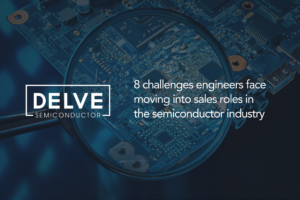
Navigating the transition: 8 challenges engineers face moving into sales roles in the semiconductor industry
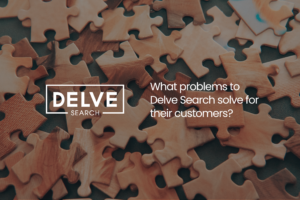
What problems do Delve Search solve for their customers?

Diversity in Engineering

Achieving candidate engagement in your recruitment process


